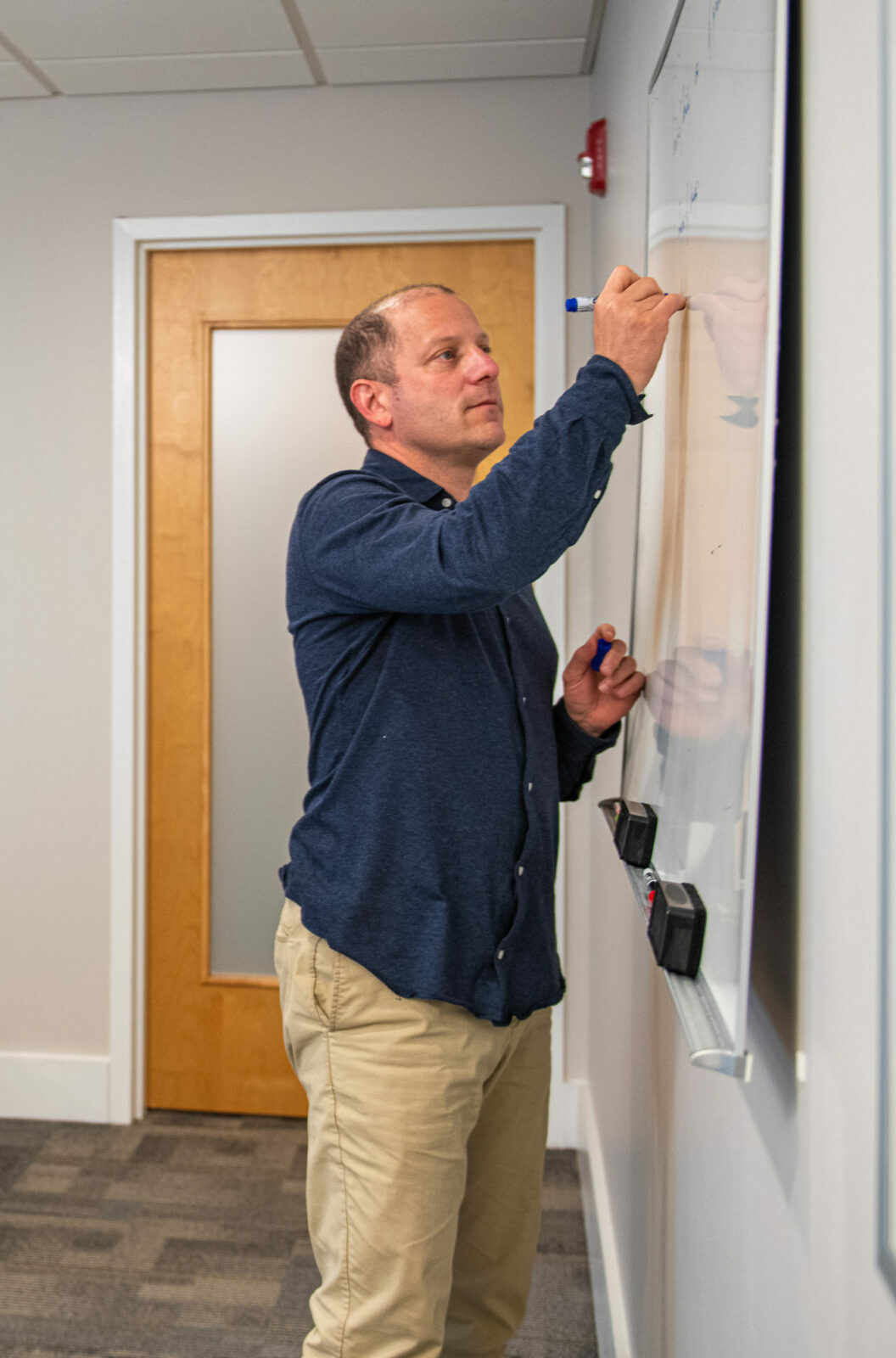Effective strategies for addressing ADHD
Attentional issues can show up differently for different people. Some may be more hyperactive while others may be more spacey. Generally, though, issues reveal themselves early in school and follow a fluctuating course through life. These issues are both impacted by factors such as stress, sleep, diet and other psychiatric disorders, or exacerbate these issues. So a careful diagnosis is essential.
Once diagnosed, attentional issues can be thoughtfully treated through a balance of both behavioral and pharmacological interventions.


ADHD in adulthood
ADHD is a condition we usually associate with young children. However, a growing body of research-based evidence is pointing to the fact that many people with ADHD don’t outgrow it when they reach adulthood. The course varies, with some burning out, some waxing or waning and others persisting.
On top of that, young adults studying at top universities are under immense pressure to perform and may feel an inability to keep up, which they consider to be a deficit in their attentional skills. Approximately 62% of college students at elite colleges are on some kind of performance enhancer, including stimulants like ADHD medication. These are students who have already proven themselves, and yet feel they’re inattentive. While only around 5% of students are prescribed this medication, around 31% use it – and more than 62% of elite college students are offered it.
What’s more, many adults who were never diagnosed with ADHD as children have realized that their symptoms and challenges could be caused by attentional issues. As kids they may have been stupid or ditsy, impetuous or forgetful, rude and always in trouble. They’ve been left with feelings of shame, low self esteem, or low confidence. These downstream effects often prompts them to seek help. It can be a huge releif to recive a clear diagnosis!
ADHD is a complex condition with deep roots. At Psych Garden, we work with our clients to understand the challenges they face. We support you to create tailored behavioral strategies that support your valued goals. And we take a careful and considered approach to medication to make everyday life more manageable.
ADHD, impulsivity & addiction.
While inattention and hyperactivity may start in childhood, they’re often missed until adulthood, when they can impede focus, contribute to impulsive decision-making, interfere with sleep, and make it hard to sit contentedly without pot-smoking, videogames or restlessness. It can bring a sense of shame as we can feel stupid, spacey, impetuous or rude. Once recognised, medications alongside developing structure, planning, sleep and exercise can feel like a revelation.
There’s a misconception that the use of medication to treat and manage attentional issues can lead to addiction. The truth is a rather more nuanced and complex matter. For many who struggle with attention challenges, the underlying issue is a chronic lack of dopamine. Brains starved of this chemical can seek relief in a range of ways, some of which border on self-destructive, such as addiction and impulsivity.
At Psych Garden, we support our clients to understand their particular condition and its attendant challenges. We then tailor treatments and interventions – including lifestyle adaptations – to support the deficits that lead to harmful behaviors. This may include sensitive consideration of appropriate medication. It may also involve channeling these drives into more constructive outlets, such as sport or community engagement.
ADHD medications & behavioral approaches

Behavioral approaches focus on study skills or retraining attentional systems of the brain and can be highly effective. Medications can also be effective but carry risk, which we manage carefully with our clients. Careful monitoring is needed for side effects and potential impacts on eating disorders and sleep. At Psych Garden, our team works together to ensure this is in place.
-
Organisation skills - effective skills for work and study
Learn how to parse/chunk tasks Learn effective and ineffective working times Set time limits and provide positive reinforcements.
-
Sleep - If you’re not rested, you can’t be alert
Good sleep is a prerequisite for attention. Without it, medication can perk us up but not focus us. But turning our minds off at night is hard, especially if we’ve been scrolling on phones, had some caffeine to compensate for last night’s poor sleep, or we were catching up on work we left to the last minute. We’ll help you structure your day and night, and get the rest you need for meds to help.
-
The sweet spot between help and harm
Medications can also wreak havoc with eating disorders, addictions and anxieties so we monitor carefully and keep our eye on multiple targets.
Psychological testing
ADHD is diagnosed ten times as often in the US as in Britain. It is unlikely that each of these diagnoses is accurate.
Because attentional challenges can stem from a wide range of causes, it’s essential to start treatment with comprehensive psychological testing. For instance, we often see people with depression, who drink too much, or have sleep disorders like narcolepsy and sleep apnoea, who are misdiagnosed as being inattentive. They’re then given stimulants, which don’t really help and can exacerbate the actual issues.
ADHD can only be diagnosed by exploring a client’s full history. We will always do a full psychological evaluation into depression, wakefulness, childhood history, addictions and more, looking at issues like sleep, trauma history and so forth before deciding on a course of treatment.
